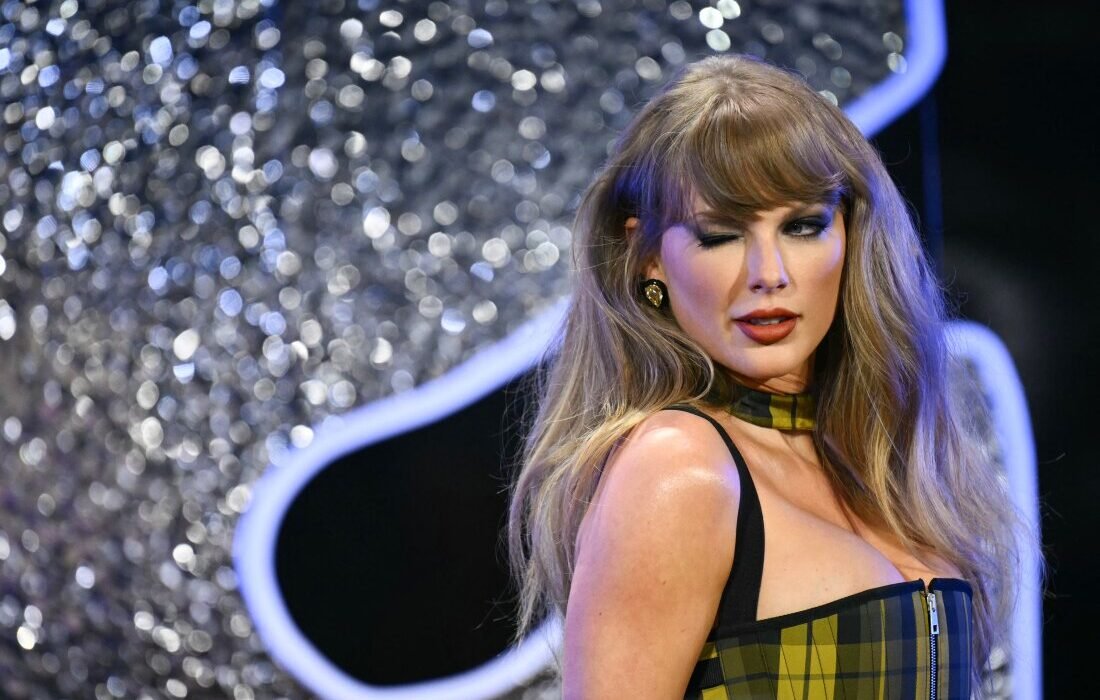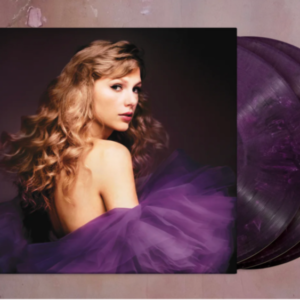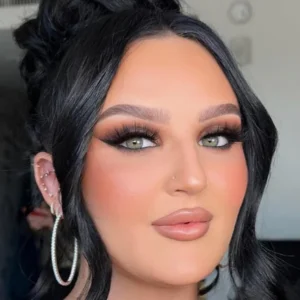Taylor Swift’s Fame and Public Perception: Navigating Authenticity, Politics, and Relatability
Taylor Swift’s career has seen her evolve from country music’s sweetheart to a global pop phenomenon, amassing an empire worth billions along the way. Despite her success, however, Swift has often portrayed herself as an underdog, tackling themes of love, fame, and gender inequity in her music and public statements. For some fans and critics, this contrast between her lyrics and her real-life privilege has become increasingly difficult to reconcile. Swift’s attempts to engage with complex topics like politics, gender, and personal struggle have led to mixed reactions, with some seeing her efforts as courageous and others as out of touch.
“I Hate It Here”: Discontent in a World of Privilege
Swift’s lyrics have always been personal, often painting a picture of hardship and vulnerability. However, as her wealth and fame have skyrocketed, lyrics like “I hate it here” have struck some fans as ungrateful or tone-deaf, especially in the current economic climate, where inflation is at an all-time high and many people are struggling to make ends meet. Fans who work hard to afford concert tickets or merchandise can find it hard to relate to a billionaire pop star expressing dissatisfaction with her life. Swift’s complaints about the pressures of fame, though perhaps genuine, now appear out of sync with the everyday realities of many of her listeners, leading some to question whether her lyrics reflect an awareness of her privilege.
Political Statements: Genuine Advocacy or PR Move?
Swift’s entry into political discourse has also been a point of contention. After years of remaining silent on political issues, Swift publicly supported Democratic candidates during the 2018 midterms, an announcement that was later highlighted in her documentary Miss Americana. While some praised her for speaking out, others saw her political shift as forced and self-congratulatory, with Miss Americana portraying her decision as a major personal struggle. Critics felt that the documentary framed her as a victim battling industry pressures rather than as a powerful figure making a conscious choice, leading to accusations that her political activism felt more like a PR move than genuine advocacy.
The “The Man” and Disconnect from Reality
Swift’s single “The Man” aimed to address gender double standards in the entertainment industry, imagining how her life would be easier if she were a man. While many listeners found the song empowering, others struggled to take it seriously. Swift’s incredible influence, wealth, and control over her music career have positioned her as one of the most successful women in the world, and some fans felt that a song about her struggle for power seemed incongruent with her current status. In an industry where many female artists face immense obstacles, Swift’s life and career represent a level of power and privilege that few achieve, regardless of gender.
Fan Backlash on Reddit and Treatment of Joe Alwyn
Popular fan communities like /r/taylorandtravis have become gathering places for fans who once supported Swift wholeheartedly but are now vocalizing frustration over what they see as a disconnect between her lyrics and her privileged reality. Swift’s handling of her breakup with Joe Alwyn, who reportedly struggled with depression, has also been a point of contention. Some fans perceived her lyrics as insensitive, feeling that she used their relationship struggles as material rather than treating them with respect. For these fans, Swift’s lyrics have begun to feel more self-centered than relatable.
“The Tortured Poets Department” and “But Daddy, I Love Him” Controversies
Swift’s brief relationship with Matty Healy and its references in her lyrics, particularly in phrases like “The Tortured Poets Department” and “But Daddy, I love him,” also raised eyebrows among fans. Many found her lyrics about Healy, a controversial figure, to be overdramatic and even unhinged. The whirlwind nature of their relationship, coupled with Swift’s intense portrayal of it, left fans questioning the authenticity of her narratives and wondering if these lyrics were less about self-expression and more about shock value.
Striking a Balance Between Vulnerability and Self-Awareness
Swift’s career has undoubtedly been marked by intense and often unfair scrutiny. However, as her influence grows, so do fans’ expectations for her to demonstrate a heightened awareness of her privilege. By grounding her vulnerability in empathy and reflecting a broader awareness of the world beyond her own experiences, Swift could continue to resonate with listeners who have loved her music’s authenticity from the start.
In a world facing real economic and social challenges, fans want artists who can empathize with their realities rather than appearing self-centered or out of touch. Swift’s lyrics have always been about her personal journey, but as her life becomes increasingly removed from the experiences of her fans, it may be time for her to reframe her narrative. The challenge ahead for Swift lies in balancing her vulnerability with the responsibility of being a voice that resonates meaningfully in a world that is looking for grounded connection.







